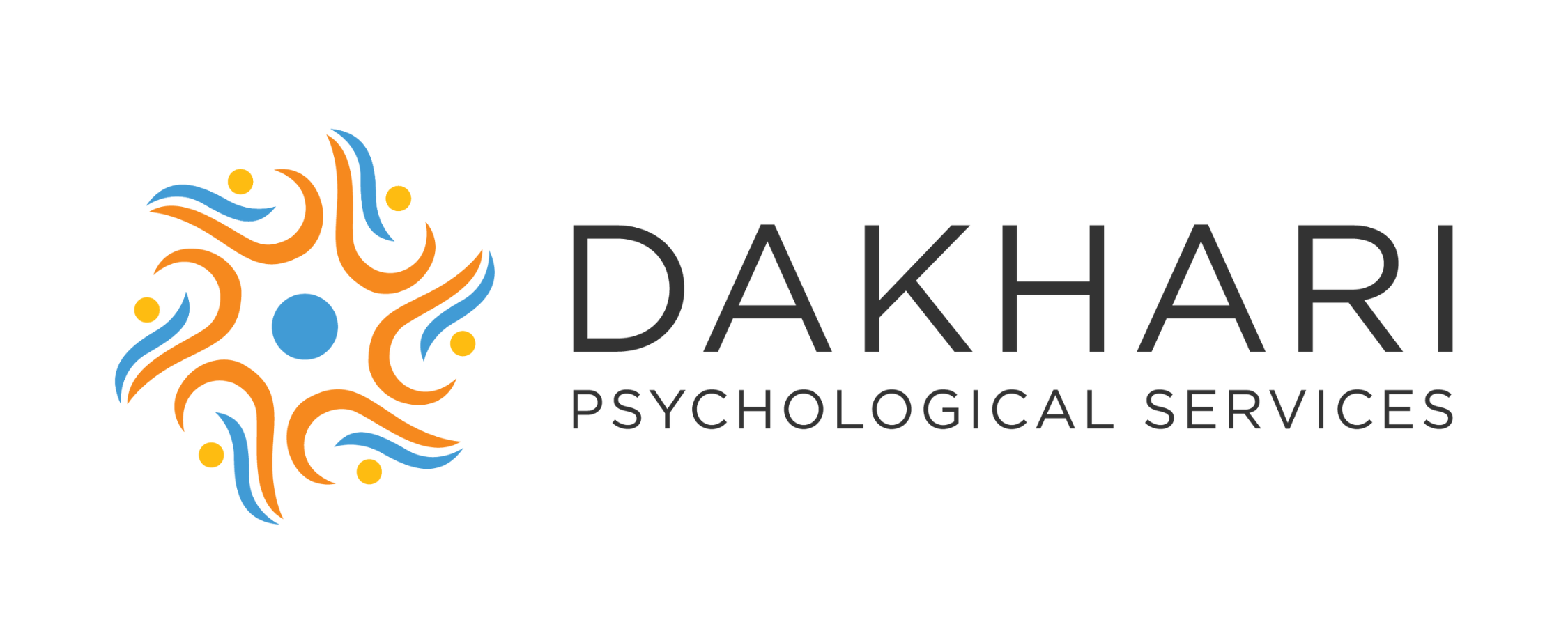Between therapy sessions, it’s essential to capitalize on the time to further your personal growth and mental well-being. Here are seven strategies to make the most of the period between your therapy appointments.
Therapy can be a transformative experience, but it’s not a passive one. Stay engaged!
- Reflect on Your Sessions After each therapy session, take some time to reflect on what was discussed. Consider the insights gained and how they apply to your daily life. This reflection can help reinforce the lessons learned and provide clarity on any unresolved issues.
- Journaling Keeping a journal can be a powerful tool for self-discovery and self-improvement. Use this time to jot down your thoughts, emotions, and any significant events or triggers you experienced since your last therapy session. This can provide valuable material for discussion in your next session and help track your progress.
- Practice Mindfulness and Relaxation Techniques Engage in mindfulness exercises and relaxation techniques to manage stress and anxiety between sessions. Deep breathing, meditation, or yoga can help you stay centered and maintain emotional balance.
- Seek Out Supportive Resources Utilize the time between therapy sessions to explore self-help books, podcasts, or online resources related to your mental health concerns. Educating yourself and gaining additional perspectives can complement the work you do in therapy.
- Implement Therapeutic Strategies Work on applying the coping mechanisms and strategies discussed in therapy to real-life situations. Practice assertiveness, boundary-setting, or any other skills recommended by your therapist to foster personal growth.
- Engage in Self-Care Activities Prioritize self-care activities that nurture your well-being. Whether it’s engaging in hobbies, spending time in nature, or connecting with supportive friends, make time for activities that bring you joy and peace.
- Set Personal Growth Goals Take the opportunity to set specific, achievable goals for your personal development. This could involve working on communication skills, challenging negative thought patterns, or taking steps toward a healthier lifestyle. Setting and pursuing these goals can provide a sense of purpose and progress between therapy sessions.
By actively engaging in strategies like these, you are more likely to make significant strides in your personal growth and mental well-being while engaged in therapy. Remember that the time between sessions is an opportunity for continuous self-improvement and empowerment. Should you ever feel “stuck” and wonder if you are making progress in therapy, be sure to bring up your questions with your therapist. Together you can make great things happen!






